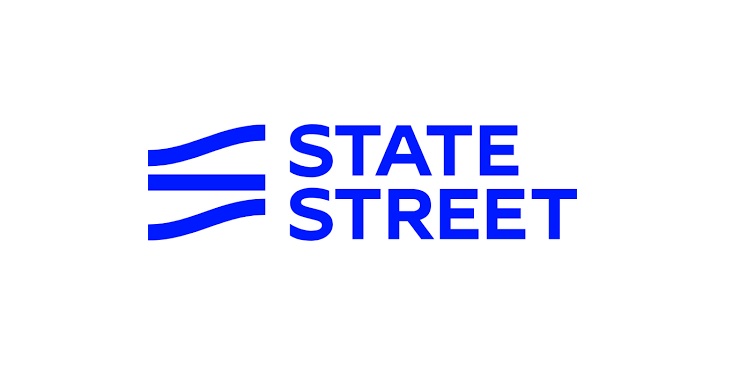Gambling Posts
Crypto Sports Betting
Crypto sports betting is an innovative way to place a wager on your favorite team or player. Over the years,...
Crypto Poker Online
Crypto poker is fast becoming a popular frontier for casual and professional gamblers. The convenience of crypto poker platforms, paired...
Bitcoin Betting Sites
Bitcoin betting is becoming not just a niche vertical within the sports wagering ecosystem – it is raking in billions...
Latest Post
State Street Selects Solana for Institutional Asset Tokenization
Global asset management firm State Street has moved forward with adopting Solana as the core infrastructure for its asset tokenization...
Nomis and MindKit Join Forces to Power AI-Driven Web3 Reputation
Nomis, an established on-chain reputation protocol, has entered into a strategic partnership with MindKit, a decentralized entity specializing in artificial...
AMINA Bank Integrates Ripple to Modernize Cross-Border Payments
AMINA Bank, a Switzerland-based financial institution regulated by FINMA, has implemented Ripple Payments to improve how transactions flow between blockchain...
MapleStory Universe Adopts Chainlink for Cross-Chain Gaming
MapleStory Universe, a blockchain-based gaming platform that enables players to create and monetize their own interactive experiences, has revealed its...
Chainbase and OpenLedger Join Forces to Advance AI-Driven Web3
Chainbase, widely recognized for its omnichain data ecosystem designed for artificial intelligence, has announced a strategic collaboration with OpenLedger, a...
-
Collé: Pioneering AI Web3 Platform Receives Investment Boost from BlackRock
-
Router Protocol and OpenWorldSwap Partnership to Revolutionize DEX Market
-
Hyper Foundation Launched to Boost Hyperliquid Blockchain Development
-
SmarTrust Brings Blockchain-Powered Escrow to Freelancers
-
Blockchain Based Sports Platform SportsMint Unveiled















